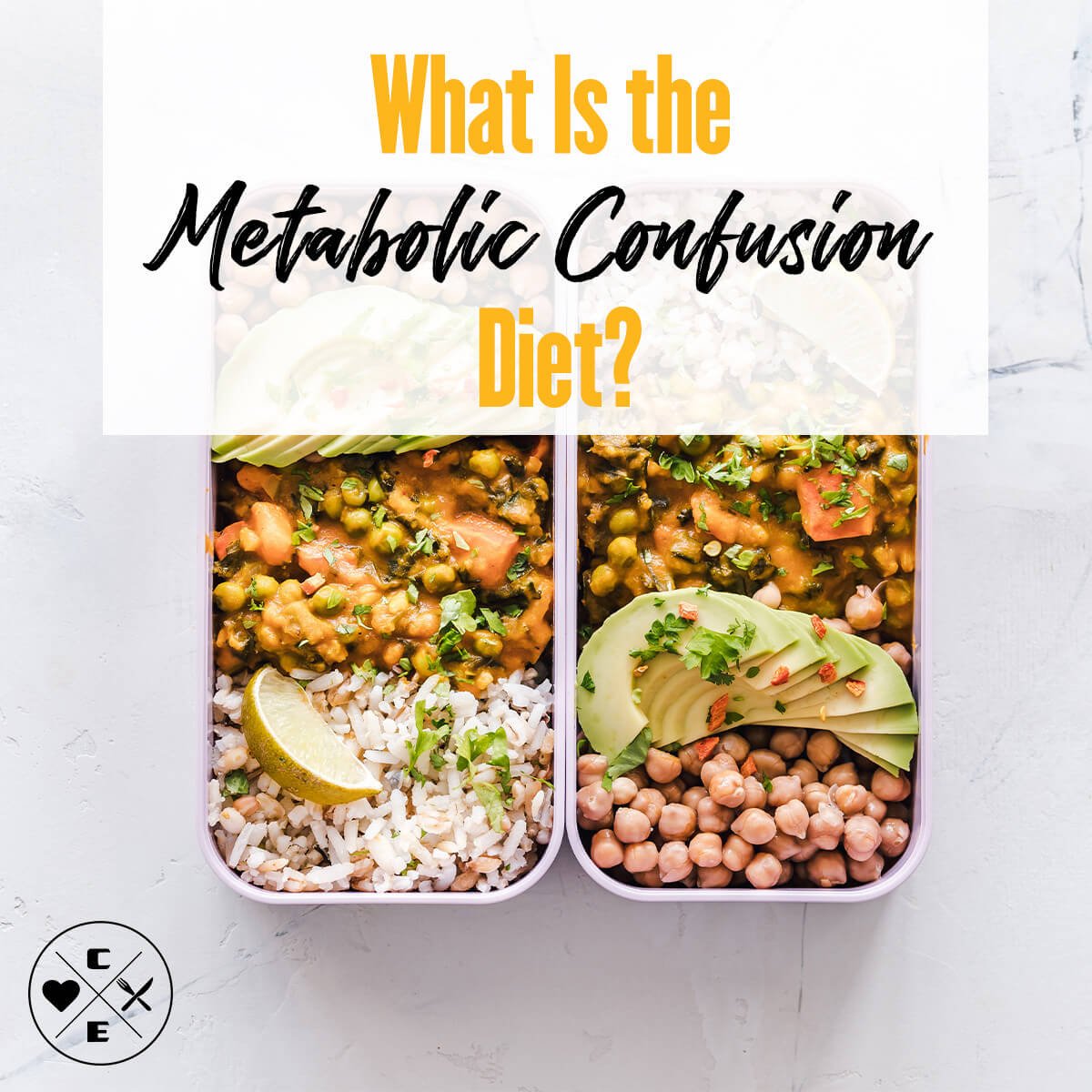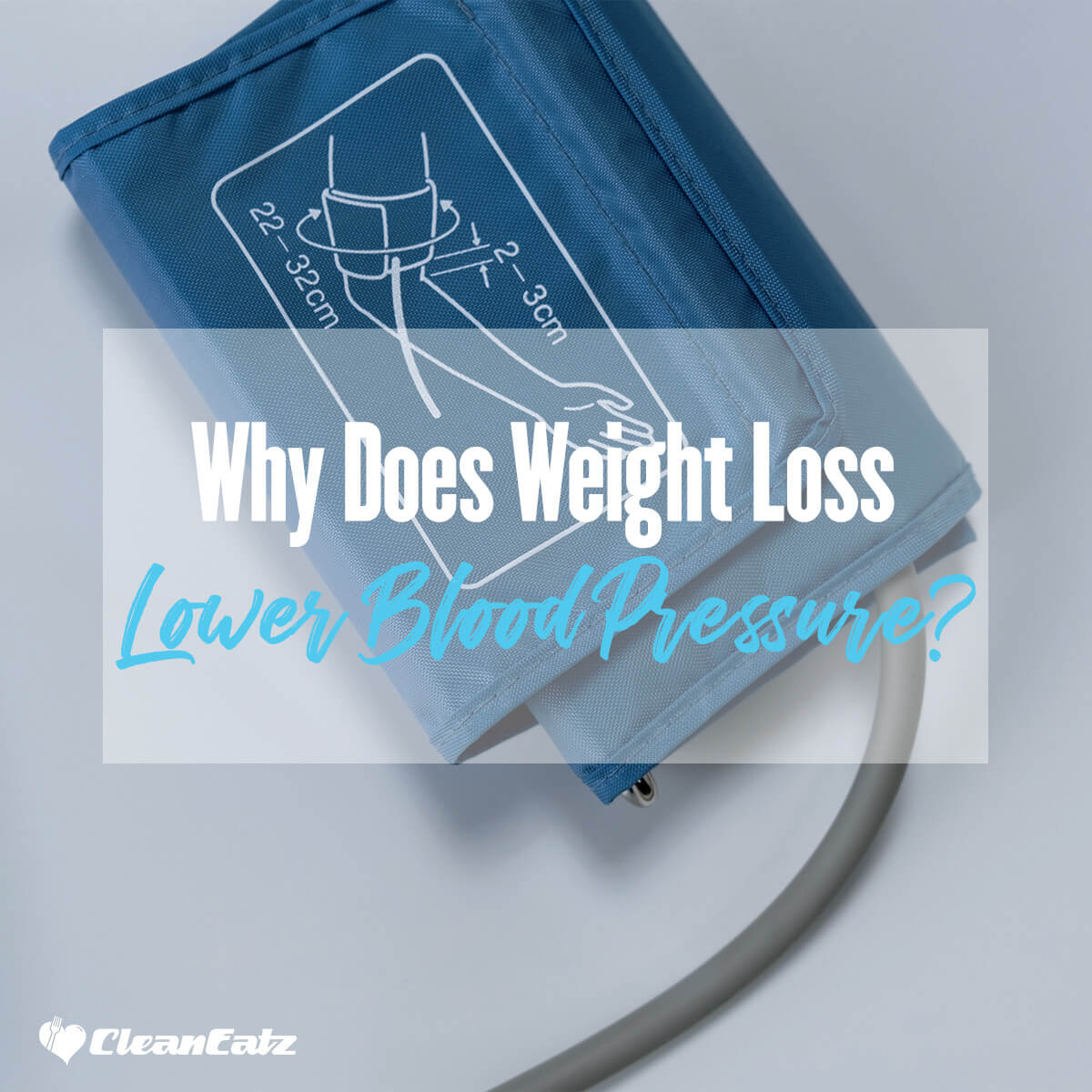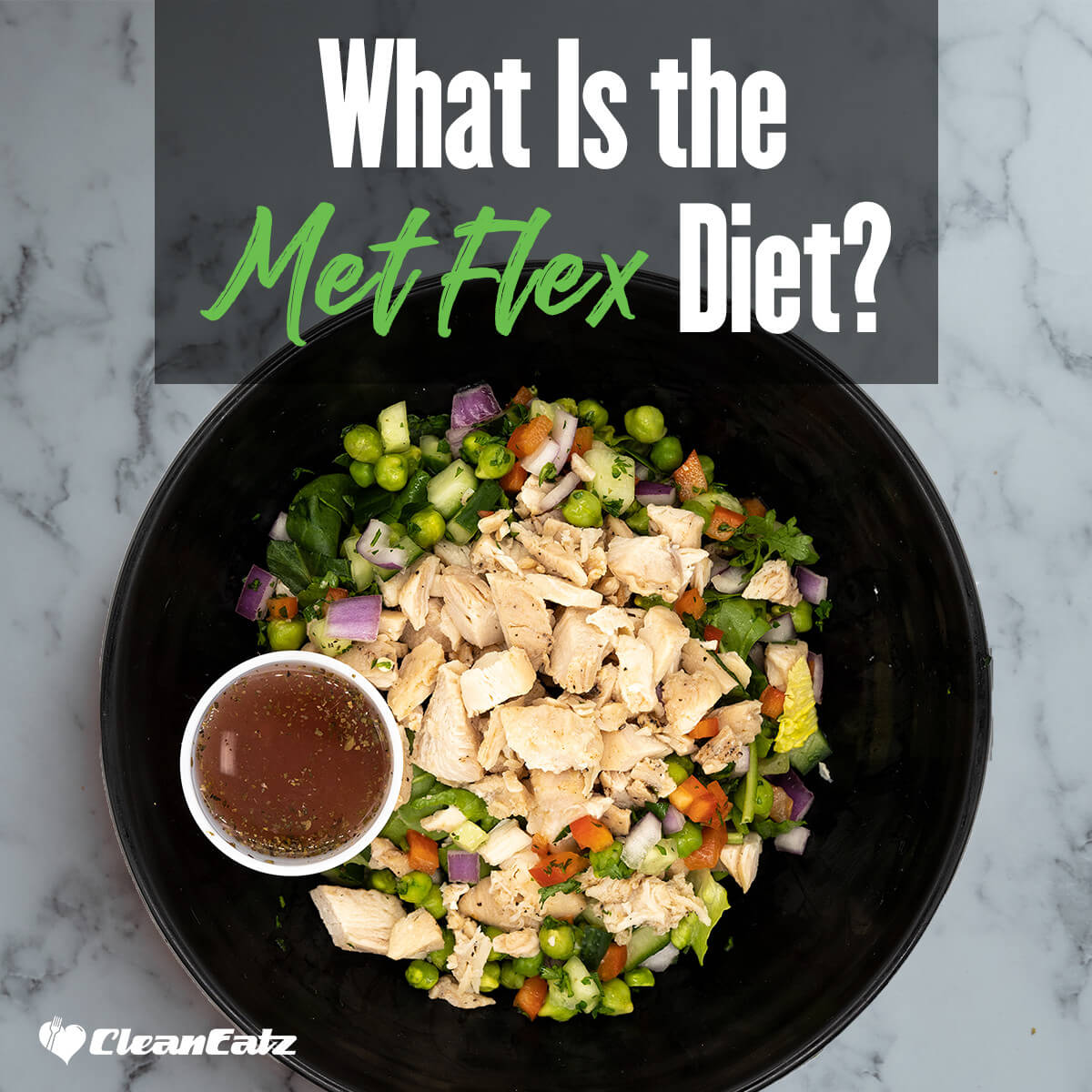
What Is the Metabolic Confusion Diet?
Jason Nista
Nutrition
|
Weight Loss
|
Healthy Lifestyle
7 minute read
Have you heard about the metabolic confusion diet but aren't sure what it is? You've come to the right place. When it comes to weight loss, there are a lot of diets out there and it can be overwhelming trying to determine which one is best for you.
In this article, we'll be discussing the basics of the metabolic confusion diet:
- What is a metabolic confusion diet?
- Pros and cons
- Alternatives and misconceptions
What Is Metabolic Confusion Diet?
The metabolic confusion diet is an approach to weight loss that focuses on temporarily altering your eating patterns to confuse your metabolism, so it doesn’t become accustomed to the same foods and eventually stop responding to them.
The idea is that you create “metabolic confusion” by changing the way you eat on a regular basis. This could mean switching between high-protein and high-carb days or having different calorie targets every day. Whatever it is, the goal is to keep your body guessing, which keeps your metabolism active and helps with weight loss.
For example, you might start by doing a week of low-calorie meals before switching to a high-carbohydrate plan for the next few days. After that, you might go back to something more balanced before starting a week of intermittent fasting. The important thing is that each new plan or cycle should be different from the last in order to give your metabolism a shock and encourage it to stay active and keep burning calories.
Benefits & Drawbacks of the Metabolic Confusion Diet
The metabolic confusion diet offers a variety of benefits, but it also has some drawbacks. Here's a closer look at the pros and cons of trying out this type of diet.
Benefits
One of the major benefits of the metabolic confusion diet is that it can help you lose weight in a sustainable way. This diet is built around creating an ever-changing metabolic environment, so you're not stuck with the same eating plan each week or month. With different combinations of food, you'll be able to keep your body guessing, which helps to stave off boredom with your eating plan and keeps your metabolism revved up.
Another benefit is flexibility — you can fit this type of diet into your lifestyle. For example, if you have an upcoming holiday party or are invited to a birthday dinner, there's no need to worry about falling off track with this diet—you just make adjustments as needed to accommodate the occasion and restart your plan the next day.
Drawbacks
There are some drawbacks associated with this type of diet as well, such as meal planning and shopping for ingredients. With lots of different combos every day, you may be required to get more expensive ingredients that you don't typically buy on a regular basis—plus it takes extra effort to plan daily meals that are varied enough to confuse your metabolism.
Also, if you have any pre-existing medical conditions or take certain medications, it's always important to check in with your doctor first before making any drastic changes in nutrition habits like suddenly starting a new diet like the metabolic confusion diet.
Alternatives to the Metabolic Confusion Diet
You may be asking, what are the alternatives to the metabolic confusion diet?
Calorie Cycling
Calorie cycling is a dietary technique that involves consuming varying amounts of calories across different days. This helps to provide your body with a balanced diet, while also preventing your metabolism from slowing down and becoming too accustomed to any particular type of diet.
Intermittent Fasting
Intermittent fasting is another popular option for those looking for an alternative to the metabolic confusion diet. This type of diet involves eating only during specific windows during the day, such as 8 hours in the morning and 16 hours without eating. This helps to give your body a rest and can help support your weight loss goals.
Low Carb Diets
Low-carb diets involve reducing or eliminating carbohydrates from your diet in favor of high protein and fat alternatives. These diets are great for those looking to lose weight quickly as they can help reduce cravings and hunger while providing the body with healthy fats and proteins.
The metabolic confusion diet is just one option to help you reach your health and weight loss goals—and there are many other alternatives available that you can explore depending on what’s most important to you!
Common Misconceptions About the Metabolic Confusion Diet
When it comes to the metabolic confusion diet, there are many misconceptions out there that you should know about. Let's go over a few of them now:
Myth #1: You Have to Eat the Same Foods Every Day
False! The metabolic confusion diet encourages you to mix up your meals and keep your body on its toes. This is because when you constantly change up your menu, it keeps your metabolism guessing, leading to better results.
Myth #2: You Need Supplements
No way! While taking supplements can help boost nutrition, they're not required for the metabolic confusion diet. In fact, supplements won't even get you the same benefits as if you just stuck to whole foods and nutritious meals.
Myth #3: It's All About Low-Calorie Eating
Nope — when it comes to the metabolic confusion diet, focus on food quality over quantity. Keep your calories moderate so that your body is able to burn fat while still getting the essential nutrients it needs from healthy sources.
By recognizing common misconceptions about the metabolic confusion diet and following a healthy eating plan with fresh ingredients, you can have great success with this diet!
And if you're seeking an easy and delectable solution to stick to your metabolic confusion diet, try using Cleaneatzkitchen's meal plan delivery service and make the process much easier for yourself.
Conclusion
Metabolic confusion is a great way to break through weight-loss plateaus and keep your body guessing, but it isn’t for everyone. It’s important to talk to your healthcare provider before starting any diet plan and make sure that the metabolic confusion diet is the right diet for you before committing to it. If you wish to give the metabolic confusion diet a try, then we highly recommend you visit Clean Eatz Kitchen and built your desired version of the diet plan to fit your requirements. By doing so, you’ll be able to enjoy all the benefits of the metabolic confusion diet in the comfort of your home.
FAQ
How long does metabolic confusion take?
The duration of the metabolic confusion diet can vary based on individual goals and starting points. Some people may experience noticeable changes in a few weeks, while others may take longer to see significant results. Consistency in following the plan and individual factors such as metabolism and body composition can influence the timeline.
How many carbs should I eat during metabolic confusion?
The number of carbs you should consume during the metabolic confusion diet depends on your specific goals, activity level, and metabolic needs. While the diet encourages cycling between high and low-carb days, the exact amount of carbs can vary. It's essential to work with a qualified nutritionist or dietitian to determine the appropriate carb intake for your individual needs.
What is the difference between keto and metabolic confusion?
The key difference between keto and metabolic confusion diets lies in their approach to carbohydrate intake. The ketogenic (keto) diet focuses on maintaining very low carb intake consistently, aiming for a state of ketosis where the body primarily burns fat for fuel. In contrast, metabolic confusion involves alternating between high and low-carb days to keep the metabolism guessing and prevent adaptation to a specific calorie level.
What is the 5 2 metabolic confusion diet?
The 5 2 metabolic confusion diet is a variation of the metabolic confusion approach that involves five days of regular eating and two non-consecutive days of reduced calorie intake (usually around 25-30% of normal caloric intake). On reduced-calorie days, some people may also lower their carbohydrate intake to further stimulate metabolic response and potential fat loss. Always consult with a healthcare professional or registered dietitian before starting any new diet.



